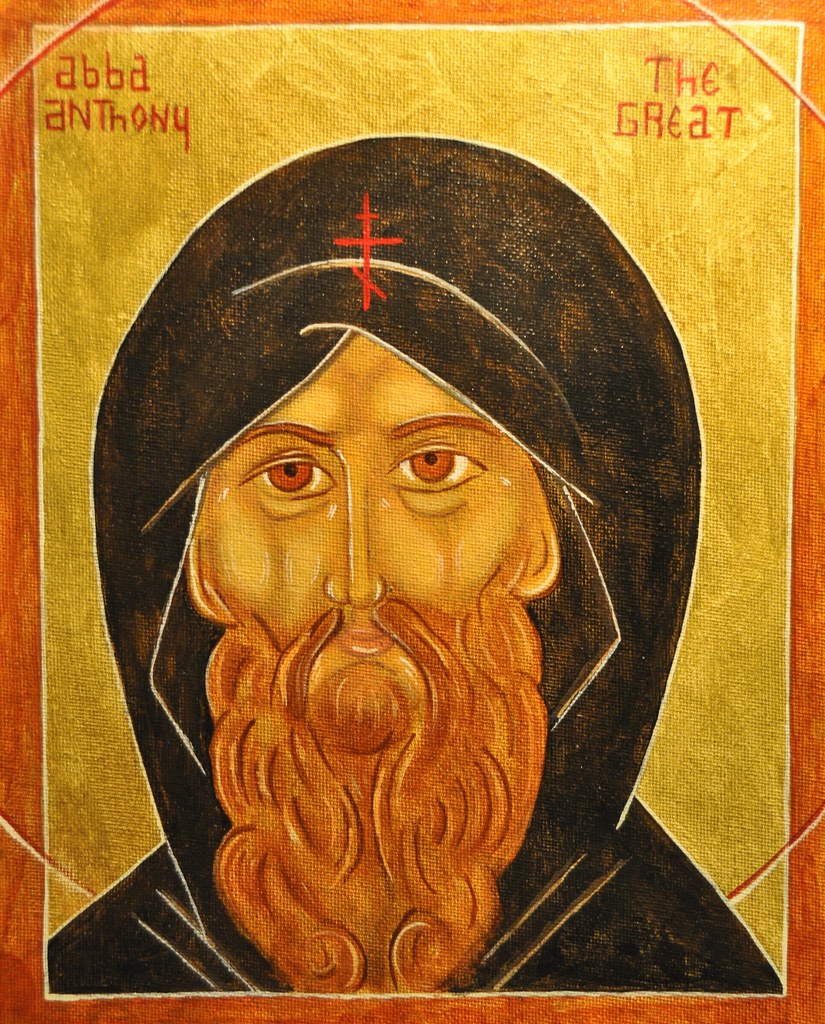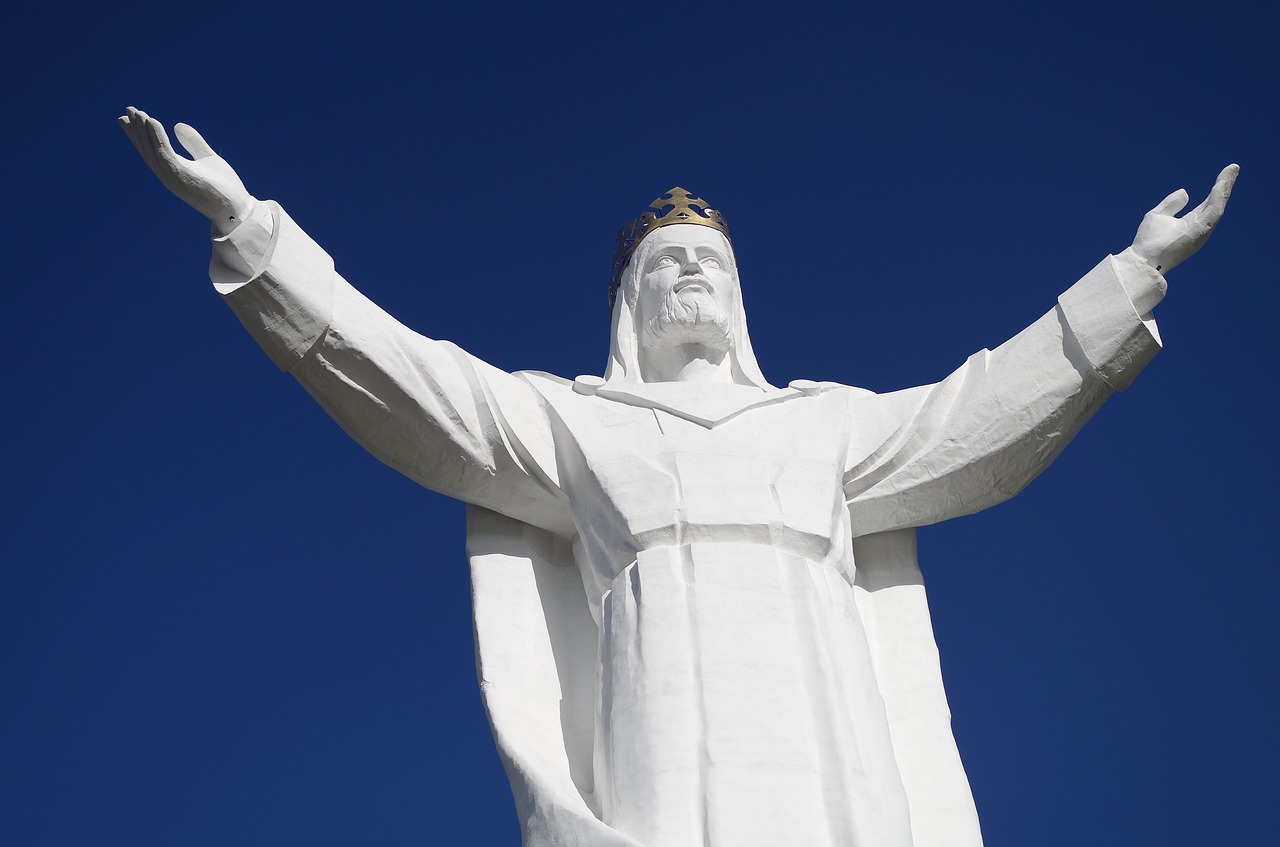
Turns out the church doesn’t grant this title at all. Popular acclaim attaches “greatness” to individuals who wowed their generation. Any list of Catholic Greats always includes Father of Monasticism Anthony of the Desert, Bishop Basil, Pope Leo, Pope Gregory, Dominican scholar Albert, and Benedictine nun Gertrude. Some add Bishop Nicholas, beloved even by those who only know him as Santa; as well as King Alfred of Wessex; Carthusian founder Bruno; Hugh, Abbot of Cluny. The Orthodox honor many more by this title, including Bishop Athanasius. One apostle is called James the Greater, to distinguish him from another regrettably known as James the Lesser. Some Catholics declare recently canonized Pope John Paul II as Great. There’s no “master list” and no real standard by which one might be so declared.
Titles granted regularly to canonized saints include Martyr (one who witnesses to their faith by surrendering their lives) and Doctor of the Church (one whose writings contribute to church teaching).
What made such folks “great”? Anthony started monasticism by heading into the wilderness in the 3rd century. Others followed and Anthony became a one-man school of wisdom. He lived to be 105, legendary in his own time. Basil helped establish the Nicene Creed, wrote significantly against 4th-century heresies, contributed to the liturgy and to monastic practice—leading to his recognition as a Doctor of the Church. Fifth-century church doctor Pope Leo had vast political influence and impact on doctrines concerning the nature of Jesus. A contemporary of Attila the Hun, Leo met him personally, warding off an invasion of Rome.
Sixth-century Pope Gregory launched a major wave of missionaries from Rome. His writings earned him church doctor status, and he’s considered “the Father of Christian Worship”. He may not have invented Gregorian chant but it was standardized under his watch. Bishop Albert was a renowned philosopher and theologian of the Middle Ages. He was also a scientist, ecumenist, and later church doctor. Gertrude, the only woman on the list, was a theologian and mystic devoted to the Sacred Heart. She wrote prolifically, her prayers and meditations gaining great influence. Most of her books were lost after her death, but her effect was weighty on saints like Philip Neri, Francis de Sales, and Teresa of Avila. Bottom line: want to be Great? Start a movement, write a vital book, save a city. As a last resort, imitate Nicholas: get the kids on your side.
Scriptures: Genesis 12:2; Psalm 18:36; Matthew 5:19; 11:11; 18:1-4; 23:11-12
Books: Saint Basil the Great, by Richard Travers Smith (Aeterna Press, 2015)
The Herald of Divine Love: Gertrude of Helfta, translator Margaret Winkworth (Paulist Press, 1992)
Gregory the Great: Perfection in Imperfection, by Carole Straw (University of California Press, 1991)



